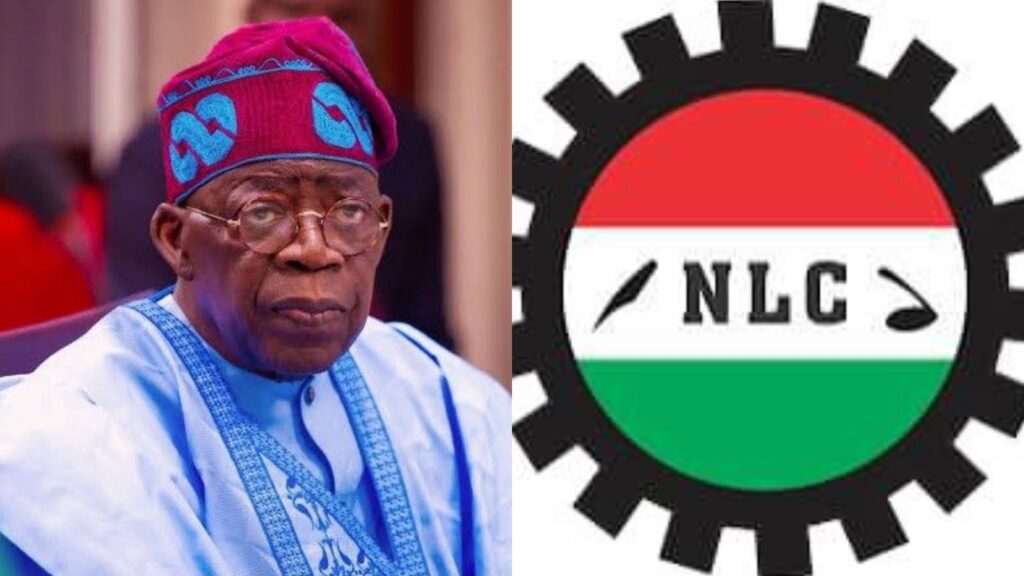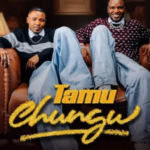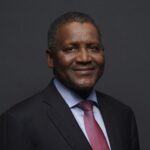New Minimum Wage: The Federal Government and the leadership of the Organised Labour have agreed on ₦70,000 as the new minimum wage for Nigerian workers. The new minimum wage was approved by President Bola Ahmed Tinubu on July 18, 2024 .
The previous minimum wage in Nigeria was N30,000 (thirty thousand naira).
Implementation: The N30,000 minimum wage was implemented in 2019, after it was approved by President Muhammadu Buhari on April 18, 2019.
Effective Date: The minimum wage took effect on April 18, 2019.
Applicability: The minimum wage applied to all workers in Nigeria, including federal, state, and private sector employees.
Exemptions: Some categories of workers, such as those in small businesses with fewer than 25 employees, were exempted from paying the new minimum wage.
Shortcomings: The N30,000 minimum wage was criticized for being too low, considering the high cost of living in Nigeria. Many workers and labor unions argued that it was not enough to cover the basic needs of workers and their families.
Labour Union Demands: The Nigeria Labour Congress (NLC) and the Trade Union Congress (TUC) have demanded a new
minimum wage of ₦615,000 to address economic challenges and the high cost of living in Nigeria.
Review Frequency: The new minimum wage will be reviewed every three years, instead of the previous five years.
Implementation: The new minimum wage is expected to be implemented soon, but the exact date has not been announced.
Reactions to the New Minimum Wage in Nigeria
Public Opinion: Some people have argued that the current minimum wage is too low and does not reflect the current economic reality in Nigeria . Others have expressed concerns that increasing the minimum wage could lead to inflation and job losses .
Implementation Challenges: The implementation of the new minimum wage is expected to face challenges, particularly in the private sector. Some states are already struggling to pay the current minimum wage, and there are concerns that the new minimum wage could exacerbate this problem .
Economic Context: The demand for an increase in the minimum wage comes at a time when Nigeria is facing economic challenges, including a high cost of living and inflation . The government has recently removed the fuel subsidy, which has led to an increase in the price of fuel and other commodities
Tax update on the new minimum wage:
With the new minimum wage of ₦70,000, taxes in Nigeria may also be affected. Here’s a rough estimate of what taxes might look like:
- Income Tax: Current tax rate: 7% – 15% of gross income
Estimated new tax rate: 10% – 20% of gross income (assuming a 3% – 5% increase) - Pay-As-You-Earn (PAYE) Tax:
Current PAYE tax rate: 5% – 10% of gross income
Estimated new PAYE tax rate: 7% – 15% of gross income (assuming a 2% – 5% increase) - Value-Added Tax (VAT): Current VAT rate: 7.5%
Estimated new VAT rate: 8% – 10% (assuming a 0.5% – 2% increase)
Here’s an example of how taxes might change for an individual earning ₦70,000 per month:
Current income tax: ₦7,000 – ₦10,500 (10% – 15% of gross income)
Estimated new income tax: ₦10,000 – ₦14,000 (14% – 20% of gross income)
Current PAYE tax: ₦3,500 – ₦7,000 (5% – 10% of gross income)
Estimated new PAYE tax: ₦5,000 – ₦10,500 (7% – 15% of gross income)
Private Sector Reaction on the new Minimum: The private sector has expressed support for the government’s offer of N70,000 as the new minimum wage. Here are some key points on the reaction of private owners on the new minimum wage:
Support for government’s offer: The organized private sector has expressed support for the government’s offer of N70,000 as the new minimum wage.
Challenges in paying higher wage: The private sector has expressed concerns about the challenges in paying a higher minimum wage, citing economic challenges and inflation ².
Need for productivity: Some experts have emphasized the need for productivity in the economy to support a higher minimum wage.
Range of opinions: There are different opinions on the appropriate level of the minimum wage, with some arguing for a higher wage and others expressing concerns about the economic implications.
Tripartite committee: The Tripartite Committee on New Minimum Wage, comprising government, labour, and private sector representatives, is working to reach a consensus on the new minimum wage.















Leave a Reply